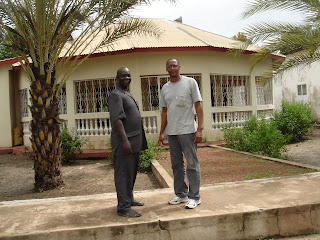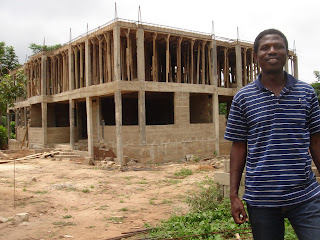What image comes to your mind when you think of having a “power
lunch?” Maybe two yuppie businessmen negotiating stock investments as they chow
down French Dip roast beef sandwiches? Or perhaps two women executives at an
upscale sushi bar making decisions on the next corporate merger?
I’d like to suggest a new image to consider—Thanksgiving dinner!
Thirteen times in the Psalms we find the phrase “give thanks
to the Lord.” Every single time, however it is coupled with the encouragement
to remember—to recall the great and wonderful things God has done in the past
that give us reason to thank Him today.
Some of those Psalms go on for thirty or forty verses, enumerating instances
of God’s faithfulness throughout the history of Israel.
What struck me today as I read Psalm 105 was the connection
between remembrance and strength. “Seek the Lord and his strength,” the
psalmist says in verse 4. The next verse explains how to do that: “Remember the
wondrous works that he has done, his miracles and the judgments he uttered…” I’m
not sure I have seen that link before, but the very act of remembering God’s
actions in the past gives strength to face the challenges of today. This was
dramatically illustrated in I Samuel 30 where David and his men despaired over the
capture of their wives and families by the Amalekites at Ziklag. So bitter were
his men over the incident that they were ready to stone and kill David. But
then, the story tells us, “David found strength in the Lord.” I’m positive that strength was the result of
remembering the many times God had helped them face and overcome equally trying
situations before. Armed with those recollections, David had the strength to
muster his men anew and pursue the enemy until every single loved one was
rescued.
At our breakfast table this morning, Anita and I strolled
through a list of memories from this past year—from highlights with grandchildren
to a significant and unexpected career change last summer. Through all of it,
however, we sensed how God has been at work in each circumstance. Today, as we
face new directions for our lives and future ministries, we stand firm in our
Christian faith, finding strength and power for tomorrow in these important
reminders of God’s faithfulness in the past.
So here’s a little formula to think about as you approach
the rest of this day of celebration: T à
R à S or THANKFULNESS
leads to REMEMBERING leads to STRENGTH.
I hope as you sit down with family and friends at your
Thanksgiving meal today, as we will in a few hours, you will take the time to
go around the table and have each share what they are thankful to God for
during this past year. I’m confident that simple little exercise of remembering
will result in everyone being strengthened with renewed power to face the
challenges of today and beyond.
You’ve got to admit, that makes Thanksgiving the ultimate “power
lunch!”
Under His wings,
Jon























